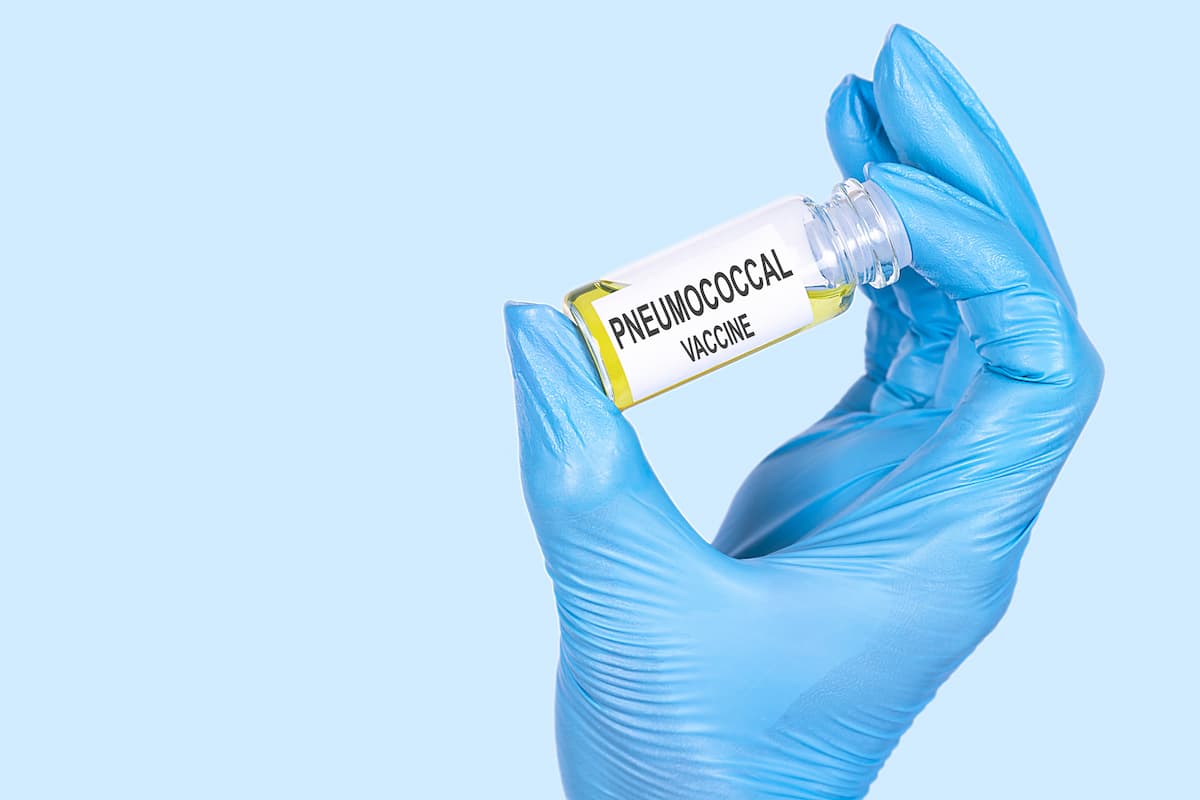Article
Drug Shortages Imperil Patients
Is there an end in sight to the drug shortages that compromise patient safety? And in the mean time, what can pharmacists do?
Two articles caught my eye and made me think about how the serious nature of the recent drug shortages and also how pharmacists can help—and how they have helped in the past.
First, here’s what is in the news:
The Palm Beach Post (5/9) reports, “The nation’s doctors and hospitals are grappling with a barrage of drug shortages that has become record-setting in its scope and stands to threaten the health of everyone seeking medical care, from intravenously fed infants to the victims of cancer and car wrecks.” The drugs in short supply “that hit the list most often are generic injectable drugs that are made by a few companies,” according to Erin Fox, the manager of the drug information service at the University of Utah. “But they also include injectable electrolytes, which are given to patients such as premature babies to maintain their body chemistry when they can’t be fed orally,” said Bona Benjamin, who coordinates the online drug shortages resource center for the American Society of Health-System Pharmacists.
Drug Shortages Raise Costs, Force Treatment Changes. Crain’s Detroit Business (5/9, Greene, Subscription Publication) reports, “Shortages of mostly generic pharmaceuticals used in surgery, chemotherapy, heart attack and diabetes care have forced many local hospitals to sometimes look for alternative therapies and work more closely with physicians and nurses to avert canceling treatments or surgeries, say hospital pharmacy managers. Through March 31, shortages of more than 90 drugs have been recorded, according to the US Food and Drug Administration. Last year, a record 211 medications became scarce, which was three times more than the number in 2006, the FDA said.”
So what does this increase in drug shortages suggest about the US health care system? Are we so motivated by money and profit that critical products that don’t make money are not produced? Or is it a quality issue which suggests that the drug manufacturer is compromising on quality standards to make money? Finally, is this part of the cycle of change—and it will get better as the market adjusts? Clearly, drug shortages imperil patients.
It all leads me to ponder what this situation might mean for our profession. For example, should we strengthen the teaching of compounding and bring back compounding to hospital pharmacy departments? When I started in hospital pharmacy compounding was a big part of our operations, not only to save money but to prepare products that were not commercially available. Are we getting back to those days again?
For more from Pharmacy Times:
- Drug Shortages Hurt Hospitals, Undermine Care
- Senate Bill to Tackle Worsening Drug Shortages
- Compounding Hotline

FDA Approves Dupilumab, Marking First Targeted Therapy in a Decade for Chronic Spontaneous Urticaria




